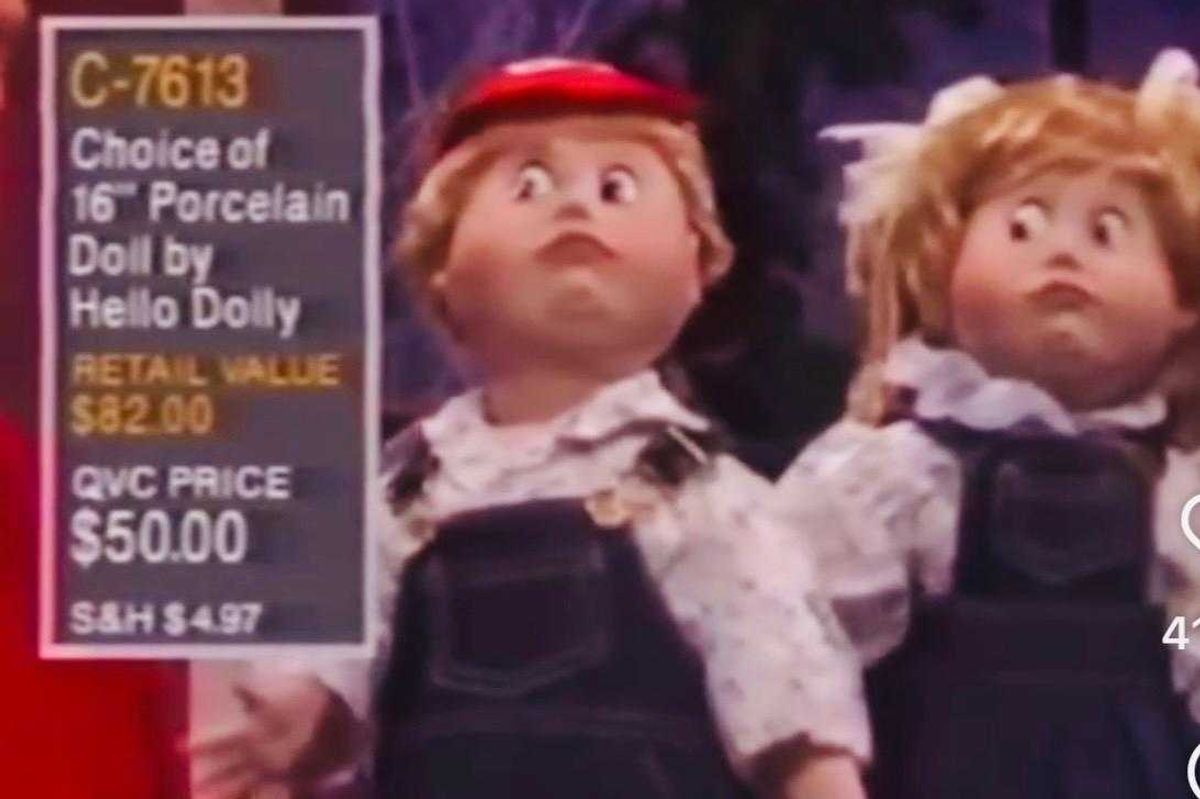Experts explain how confusing the word 'literally' is for non-English speakers
It's not the only word that has changed meaning over time, and it's literally exhausting.

"Literally" literally doesn't mean literally anymore.
"Literally, I died. Dead. I'm dead. Literally. Omg, for real." This was overheard last week, and it wasn't said by a dead ghost. It was a very much alive 20-something woman wearing pink palazzo pants.
It's nothing new that people of all generations have their preferred vernacular. My Gen X folks often said "totally" and "like" as though they were going out of business, like ya know? People had to get used to it or we wouldn't be able to communicate.
"Literally" is one of those words that Gen Z has adopted, but they're not to blame for the fact that it's often misused. That has been going on for ages, and the complaint is almost a cliché at this point.

First, let's trace the word back to its roots. In Latin, the word "littera" means "letter." The original meaning of "literally" was "to the letter," as in…exactly. In Pamela Rafalow Grossman's article in Reader's Digest, she writes: "This use was first recorded in 1429 in "Mirour of Mans Saluacioune", according to the Oxford English Dictionary."
Obviously, the word has been adapted over time to also mean "figuratively" as an exaggeration tool. This definition became so popular that even Merriam-Webster said uncle in 1909. Grossman continues, "The fact that literally is 'often used hyperbolically' was first mentioned in Merriam-Webster’s entry of the word in its 1909 unabridged dictionary." Their TikTok (and yes, Merriam-Webster has a TikTok page) even jokingly acknowledges it.
@merriamwebster The “in effect; virtually” meaning of 'literally' is not a new sense. It has been in regular use since the 18th century and may be found in the writings of Mark Twain, Charlotte Brontë, James Joyce, and many others.
But imagine how confusing this might be for someone just learning English. On the BBC Learning English TikTok page, a guy named Tim simply asks, "Do you know the newer meaning of 'literally?' You may know the original meaning…" and gives an example: "I literally live right next door to my work. I go out of my door and it's right there."
He continues, "But in everyday English, 'literally' has an opposite meaning and is used to exaggerate what you're saying." He opens a refrigerator door. "I'm literally starving, I haven't eaten since breakfast. Ugh, my head is literally exploding, I've done so much studying."
@bbclearningenglish 🤩 Did you know that there are two meanings of ‘literally - and they’re opposites!? Tim explains the original meaning - and a newer meaning to use in your everyday English and on social media! Everyone is using it. Don’t miss out! ✍️ Can you try using ‘literally’ in a comment? #learnenglish #spokenenglish #speakenglish #slang #literally #informalenglish #vocab #oldwordnewmeaning @
Siobhan Wood writes in "Use and Abuse of the Word Literally – A Crisis of Language?" that these changes in definitions aren't totally uncommon and can evolve as new generations take hold. "This change, and the inclusion of new terms in the dictionary, is nothing to be afraid of; it’s been happening since the beginning of time."
Wood adds that the Internet helps to speed up these changes and make words evolve even more quickly than they once did. "The late 20th and early 21st centuries saw countless language changes: the Internet, computers, and globalization have all provided catalysts for new word meanings. The word spam is a perfect example of language change: originally a portmanteau of ‘spiced ham’ to describe a British processed meat product, its primary meaning now describes unwanted digital communications."

The TikTok comments under the Merriam-Webster clip are funny, as they just roll with the new normal The video has a photo of musician Bruce Hornsby at a piano with the song "That's Just the Way It Is" playing underneath a chyron reading, "When people ask us why 'literally' has two different meanings."
One commenter writes, "I'm not letting y'all gaslight me into using literally figuratively." Another quotes a Coen Brothers comedy to share their frustration: "In the words of Edwina Ed McDunnough from Raising Arizona: that ain’t no answer."



 A
A 
 Homemade granola bars with chocolate chips – perfect for a delicious snack!
Homemade granola bars with chocolate chips – perfect for a delicious snack! Refresh with a healthy green juice boost.
Refresh with a healthy green juice boost. Making fresh orange juice in the kitchen. 🍊
Making fresh orange juice in the kitchen. 🍊 Be careful with supplements.
Be careful with supplements.
 Each of those arms has its own brain?
Each of those arms has its own brain?
 A white porcelain doll with a tear stain. Photo by
A white porcelain doll with a tear stain. Photo by 